Why fireworks on the Fourth of July? John Adams, that’s why.
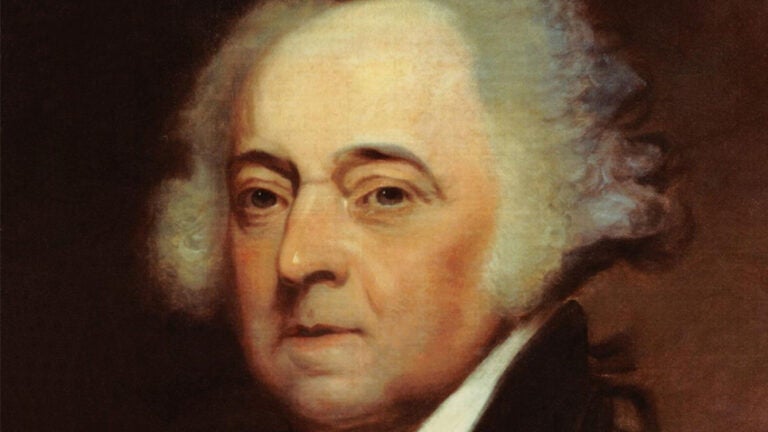
Planning on enjoying fireworks this Fourth of July? Thank America’s first veep: John Adams.
The Boston-born Founding Father, who would later serve as the country’s second president, was the one who spurred the idea to light up the skies each Independence Day.
A day after the Continental Congress voted for independence on July 2, 1776 — yes, July 2 — Adams wrote a letter from Philadelphia to his wife back home in Boston commemorating the day.
His letter to Abigail Adam, dated July 3, 1776, read in part:
But the Day is past. The Second Day of July 1776, will be the most memorable Epocha, in the History of America.
…
I am apt to believe that it will be celebrated, by succeeding Generations, as the great anniversary Festival. It ought to be commemorated, as the Day of Deliverance by solemn Acts of Devotion to God Almighty. It ought to be solemnized with Pomp and Parade, with Shews, Games, Sports, Guns, Bells, Bonfires and Illuminations from one End of this Continent to the other from this Time forward forever more.

A passage from Adams’ letter to his wife on July 3
The Declaration of Independence was transposed on the next day, which we now celebrate (it would take weeks for all the delegates to sign it).
Adams’s wish took effect the next year, with illuminative celebrations in Boston and Philadelphia on July 4, 1777, according to American University professor James Heintze, who compiled a massive historical account of the Fourth of July.
To commemorate the country’s first birthday, Col. Thomas Crafts — one of the Sons of Liberty and a Tea Partier before it was cool — lit off fireworks and shells over Boston Common.
Meanwhile in the nation’s then-capital Philadelphia, the celebration began with ships parading down the Delaware River, firing their cannons 13 times in honor of the original Thirteen Colonies.
After an “elegant dinner’’ prepared for members of Congress, in which “each toasts [sic] was followed by a discharge of artillery and small arms, and a suitable piece of music,’’ the night ended with the ringing of bells and “a grand exhibition of fireworks.’’
Heintze quoted a local newspaper that reported, “the face of joy and gladness was universal.’’
In 1783, Boston became the first city or town to designate the Fourth of July an official holiday.
Needless to say, Adams’s wishes for pomp, parade, shows, games, sports, guns, bells, bonfires, and illuminations have been satisfied ever since.
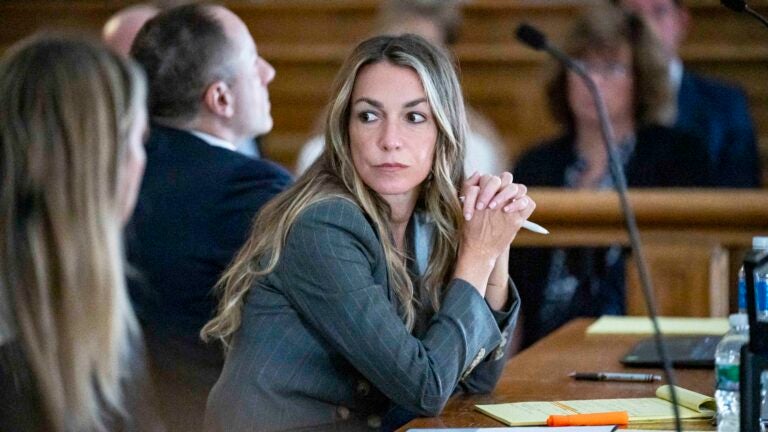
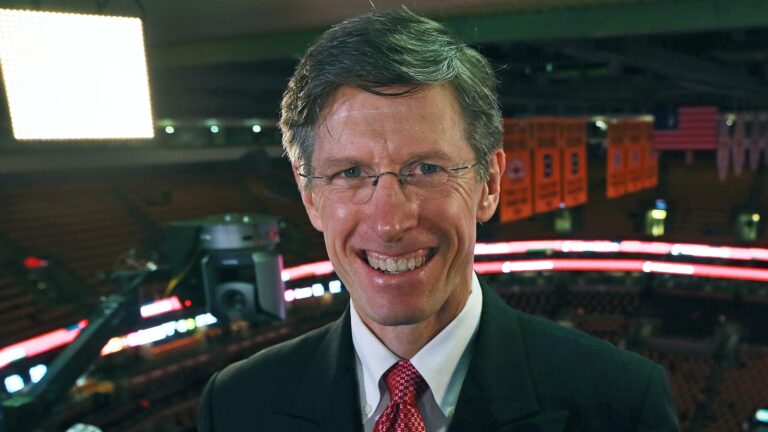
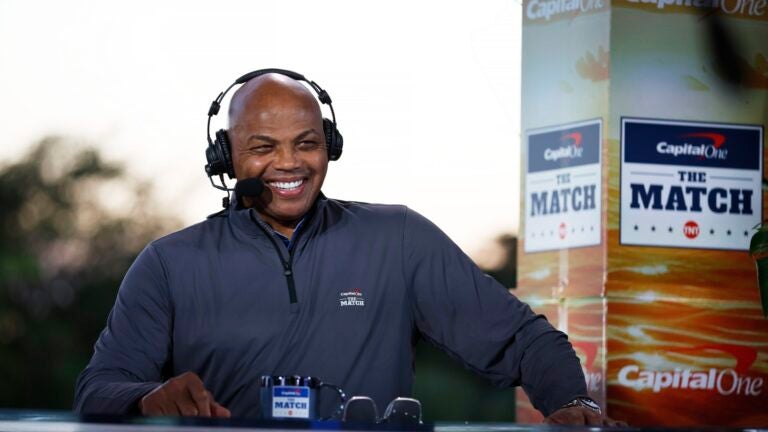


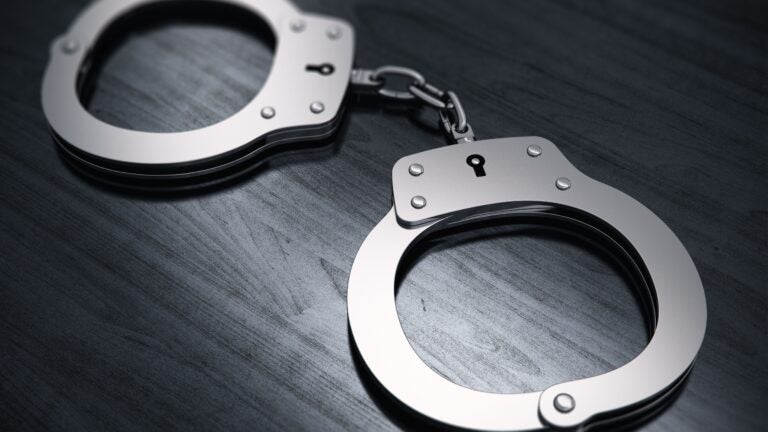
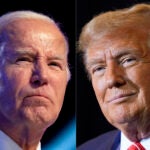
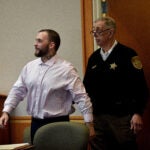
Conversation
This discussion has ended. Please join elsewhere on Boston.com